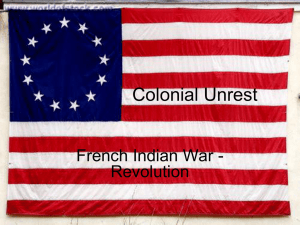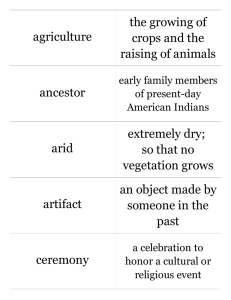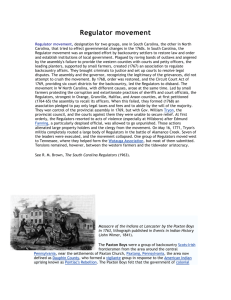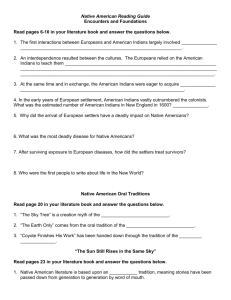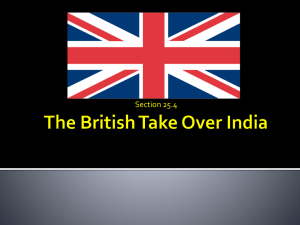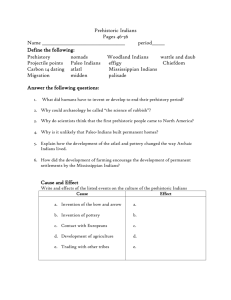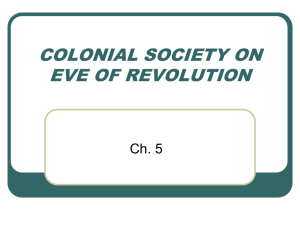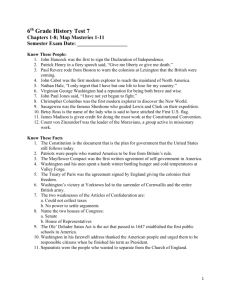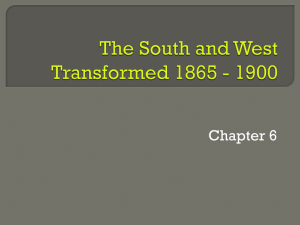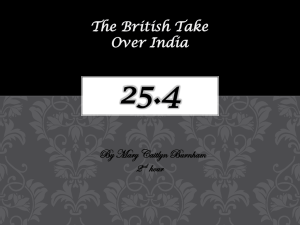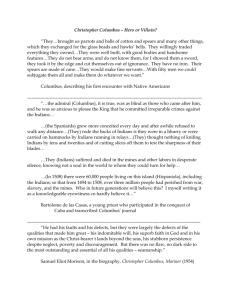The Paxton Boys
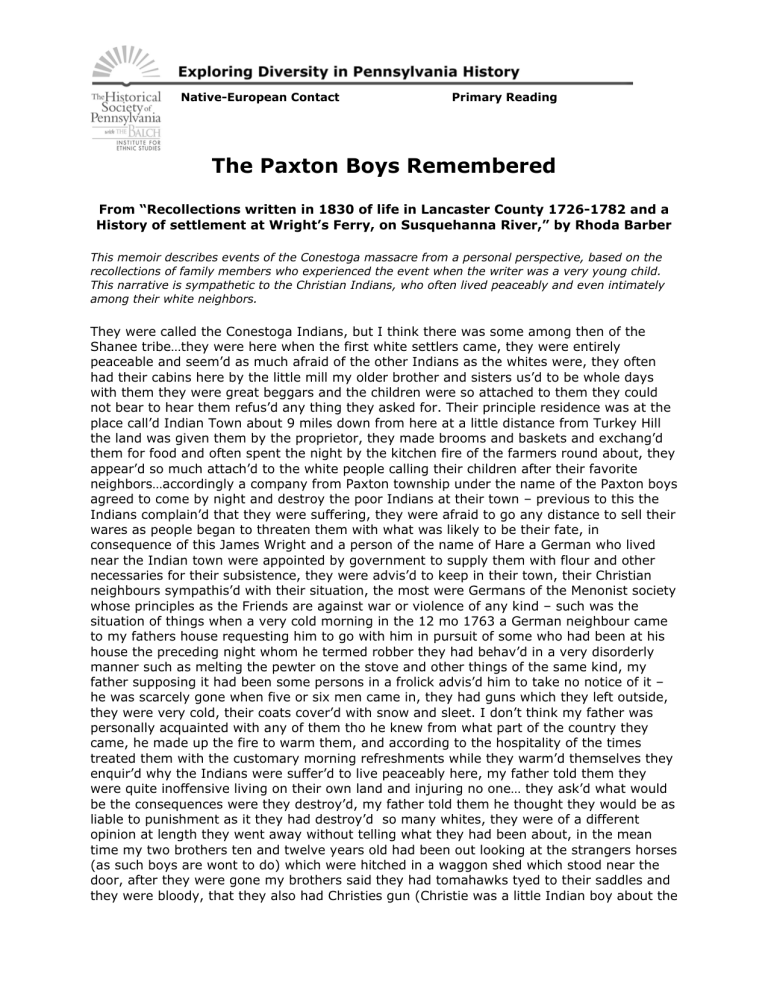
The Paxton Boys Remembered
From “Recollections written in 1830 of life in Lancaster County 1726-1782 and a
History of settlement at Wright’s Ferry, on Susquehanna River,” by Rhoda Barber
This memoir describes events of the Conestoga massacre from a personal perspective, based on the recollections of family members who experienced the event when the writer was a very young child.
This narrative is sympathetic to the Christian Indians, who often lived peaceably and even intimately among their white neighbors.
They were called the Conestoga Indians, but I think there was some among then of the
Shanee tribe…they were here when the first white settlers came, they were entirely peaceable and seem’d as much afraid of the other Indians as the whites were, they often had their cabins here by the little mill my older brother and sisters us’d to be whole days with them they were great beggars and the children were so attached to them they could not bear to hear them refus’d any thing they asked for. Their principle residence was at the place call’d Indian Town about 9 miles down from here at a little distance from Turkey Hill the land was given them by the proprietor, they made brooms and baskets and exchang’d them for food and often spent the night by the kitchen fire of the farmers round about, they appear’d so much attach’d to the white people calling their children after their favorite neighbors…accordingly a company from Paxton township under the name of the Paxton boys agreed to come by night and destroy the poor Indians at their town – previous to this the
Indians complain’d that they were suffering, they were afraid to go any distance to sell their wares as people began to threaten them with what was likely to be their fate, in consequence of this James Wright and a person of the name of Hare a German who lived near the Indian town were appointed by government to supply them with flour and other necessaries for their subsistence, they were advis’d to keep in their town, their Christian neighbours sympathis’d with their situation, the most were Germans of the Menonist society whose principles as the Friends are against war or violence of any kind – such was the situation of things when a very cold morning in the 12 mo 1763 a German neighbour came to my fathers house requesting him to go with him in pursuit of some who had been at his house the preceding night whom he termed robber they had behav’d in a very disorderly manner such as melting the pewter on the stove and other things of the same kind, my father supposing it had been some persons in a frolick advis’d him to take no notice of it – he was scarcely gone when five or six men came in, they had guns which they left outside, they were very cold, their coats cover’d with snow and sleet. I don’t think my father was personally acquainted with any of them tho he knew from what part of the country they came, he made up the fire to warm them, and according to the hospitality of the times treated them with the customary morning refreshments while they warm’d themselves they enquir’d why the Indians were suffer’d to live peaceably here, my father told them they were quite inoffensive living on their own land and injuring no one… they ask’d what would be the consequences were they destroy’d, my father told them he thought they would be as liable to punishment as it they had destroy’d so many whites, they were of a different opinion at length they went away without telling what they had been about, in the mean time my two brothers ten and twelve years old had been out looking at the strangers horses
(as such boys are wont to do) which were hitched in a waggon shed which stood near the door, after they were gone my brothers said they had tomahawks tyed to their saddles and they were bloody, that they also had Christies gun (Christie was a little Indian boy about the
age of my brothers, they were much attach’d to him, he was their play mate in all their sports, made their bows and arrows and was indeed as a brother) while they wondered what it could mean a messenger came from Hare giving information of the dreadfull deed.
My father and some others went down to see them buried, shocking indeed was the sight, the dead bodies lay among the rubbish of their burnt cabbins like half consumed logs. I think there was fourteen – it was said that at the beginning of the slaughter a mother had placed her child allmost an infant under a barrel charging it to make no noise a shot was fired thro the barrel which broke the childs arm and it still kept silent…The rest of the
Indians I think to the number of 28 who were absent from the town at the first slaughter were collected together and put into the jail at Lancaster for safety as it was said, but the merciless wretches not satisfied with their first work went thither and (I cannot say in spite of opposition for it does not appear there was any made) broke open the jail and cruelly and in a shocking manner destroyed them all, old men and women and children….The Paxton boys after the dreadfull massacre in Lancaster made boast now they had gotten as many scalps they would go to Philadelphia and the Quakers would share the same fate.
